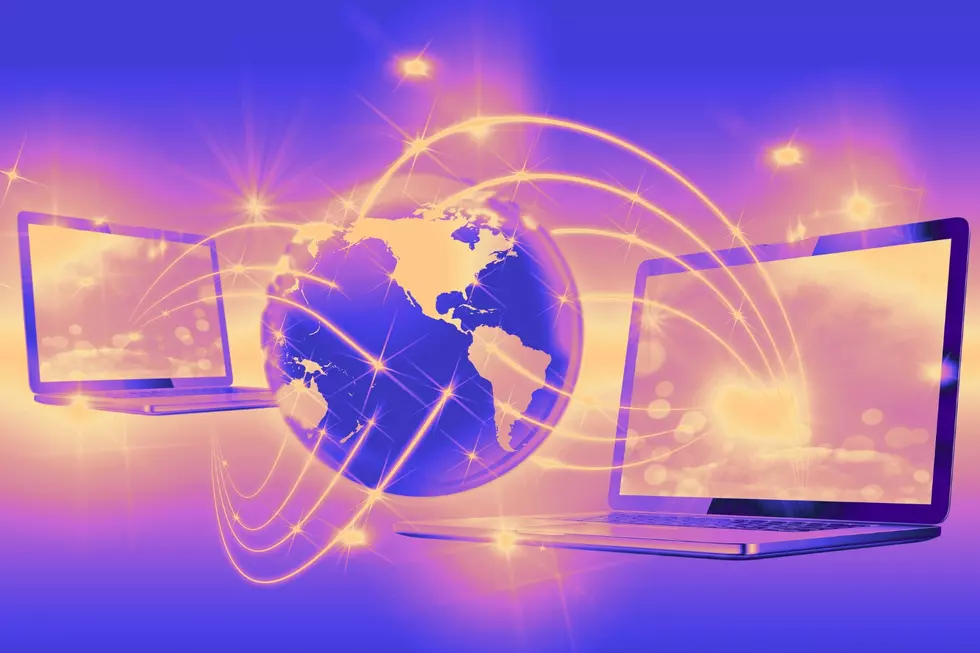
Like it or not, FCC brings back net neutrality
(The Center Square) – The Federal Communications Commission on Thursday voted 3-2 to restore net neutrality rules, reversing a repeal ushered through during the Trump administration.
Net neutrality is the idea that internet service providers should not be able to discriminate against different kinds of content by throttling connection speeds or offering paid priority.
Just ahead of Thursday' vote, Democratic FCC Chair Jessica Rosenworcel said internet access went from “nice to have, to need to have.”
She referenced the COVID-19 pandemic and the way consumers used the internet for school and work.
"It became clear that no matter who you are or where you live, you need broadband to have a fair shot at digital-age success,'' she said.
In 2018, Washington became the first state in the nation to pass net neutrality protections into law.
Donald Kimball is the communications editor for the Washington Policy Center think tank. He spoke with The Center Square after the decision from the FCC.
“This means the FCC is going to have more authority to regulate what internet companies can and can’t do, in the same way they have control over phone lines," Kimball said.
He went on to say, "One of the pushes in the FCC wanting to take over the internet has been to implement net-neutrality, which is a principle that says all internet companies must treat traffic the same.”
What does that mean in practical terms?
“Just like how a phone company can’t censor a call from one person to another, this would require internet companies to treat all traffic the same and discontinue things like throttling, censoring or speeding up and down of different connections," he said. "In the push for the Safe Guarding and Securing the Open Internet Order, there have been two big themes.”
National security concerns and the pandemic dominate those themes.
“One is they make claims about national security threats and the FCC needs to be able to have more control to force changes out from Chinese equipment because of threats," Kimball said.
The second issue for FCC justification of net neutrality, according to Kimball, stems from the pandemic.
“That is what people call the digital divide, which is the idea that not everyone has access to reliable or fast internet," he said. “With net neutrality, internet service providers can’t handle traffic differently. They can’t speed up some networks that need faster speeds and slow down others that don’t need it, because that’s treating traffic unfairly.”
Kimball says we as a society have to think about how this could impact the future.
“AT&T has submitted a request for network slicing to be allowed under this new regulation, and they might make exceptions for it, but that’s only accounting for the technology that we’re using today; it doesn’t account for the innovations of tomorrow and what people will want to try and do," he said.
Network slicing is a reference to multiple independent networks existing on the same physical network, using different “slices” of the same spectrum band.
Kimball says companies will be discouraged from innovation because of the threat that they may not be allowed to engage in things like network slicing under the new regulations.
“Your prices may not jump up because of this, but you won’t see better speeds at better prices," he explained.
Speed could end up being sacrificed, Kimball noted.
“The speeds we see today compared to just five years ago are incredible," he said. "You can pay for a lower amount of bandwidth if you don’t need that but you can pay for much faster access to speed if you want that at very reasonable prices. Net neutrality will stifle that.”
Thursday's decision may be short-lived, Kimball said, based on court appeals and the upcoming presidential election, as members of the FCC are appointed by the president, and Trump was not a fan of net neutrality.
The Most Ridiculous Depictions of the Internet on Film
Gallery Credit: Emma Stefansky

